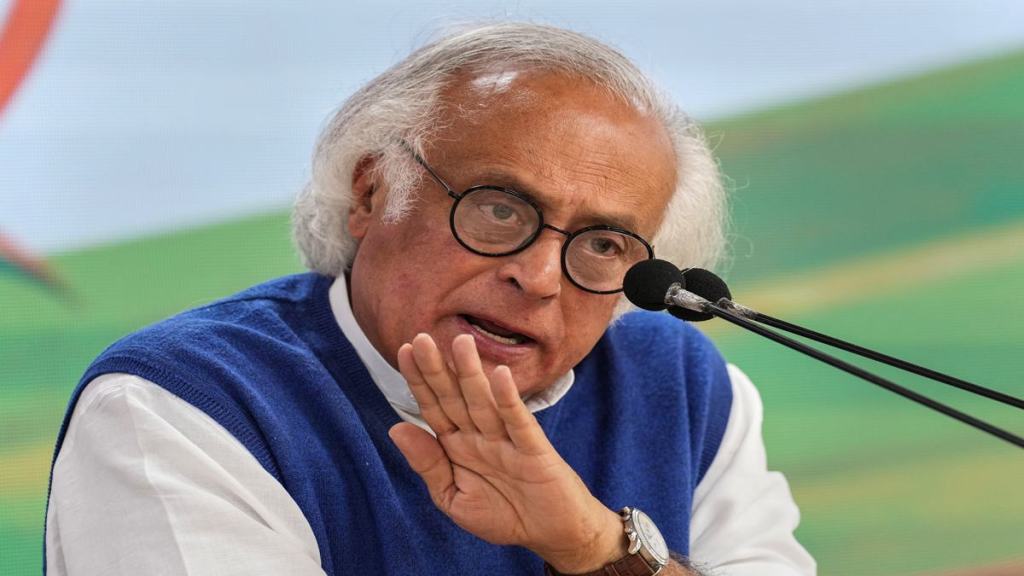Opposition parties have come down hard on the Centre over Law minister Kiren Rijiju’s letter to Chief Justice of India DY Chandrachud, suggesting that a government nominee be included in the “evaluation committee” for Supreme Court and High Court judges. The letter, The Indian Express reported citing sources, is yet to be taken up for discussion by the SC Collegium.
The Opposition, however, has accused the government of trying to “capture the judiciary”. Speaking to The Indian Express, Congress general secretary Jairam Ramesh said that the “remedy” offered by the Centre is a “poison pill for the judiciary”.
“The Vice President’s assaults. The Law Minister’s attacks. All this is orchestrated confrontation with the judiciary to intimidate and thereafter capture it totally. The Collegium does need reform. But what this Government wants is complete subservience. Its remedy is a poison pill for an independent judiciary,” Ramesh said.
Rashtriya Janata Dal leader and Rajya Sabha MP Manoj Sinha termed the Centre’s suggestion “shocking” and accused the government of propagating the idea of a “committed judiciary”.
“This is absolutely shocking. This is going to grossly undermine the very idea of independence of the judiciary and shall unsettle the fine balance as envisaged through the constitution. Is the government unable to resist the temptation of having a ‘committed judiciary’?” asked Sinha.
Taking to Twitter, Aam Aadmi Party convener and Delhi Chief Minister Arvind Kejriwal said the move was dangerous. “This is extremely dangerous. There should be absolutely no government interference in judicial appointments,” Kejriwal tweeted.
Congress leader and Lok Sabha MP Manish Tewari, while pointing out that the Memorandum of Procedure for appointment of judges does not have space to accommodate a government representative, asked why the government wanted only its nominee on the evaluation panel.
“The Collegium system came into existence as a consequence of the Second and Third Judges case in 1993 and 1998 respectively. The government tried to nullify it by bringing the NJAC paradigm which was struck down by the Supreme Court. Even if the Supreme Court would want to accommodate the central government’s desire, how would they do so (since) the Memorandum of Procedure does not have space for such accommodation? Then the moot question is why only a representative of the Government alone?” asked Tewari.
The controversy comes amid a continuing row between the Centre and the top court on the issue of the appointment of judges to the Supreme Court and high courts. The apex court is hearing a plea seeking contempt proceedings against the Centre for the delay in the appointment of judges despite the recommendations by the Collegium.
While the Supreme Court has taken the Centre to task for “sitting on” names recommended by the Collegium, the government has shot back questioning the lack of transparency in the process to appoint judges itself.

